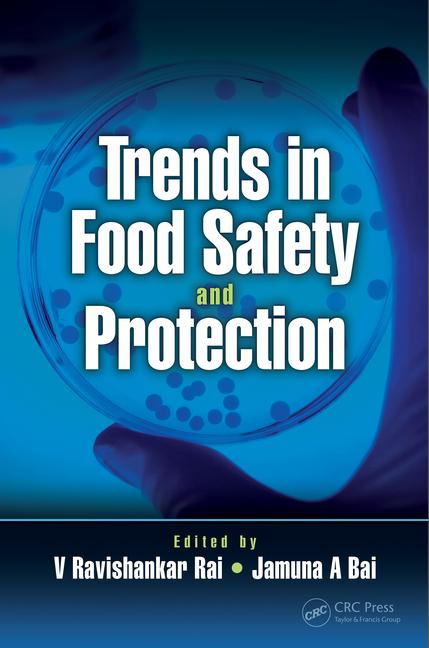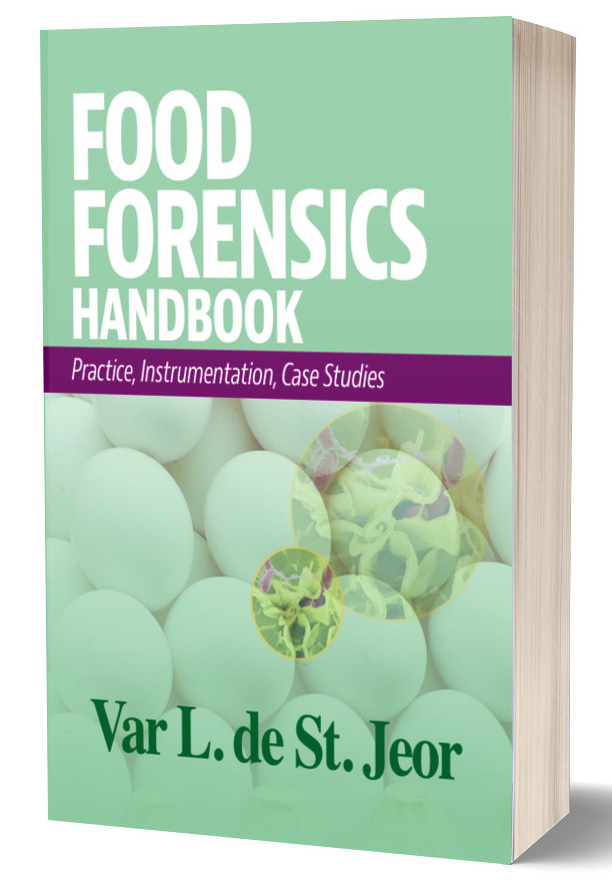Agricultural Chemical Found in Popular Oat Products Eaten by Children

Credit: martin_hetto via Pixabay
Popular oat-based food products often eaten by children may contain unsafe levels of chlormequat, an agricultural chemical associated with negative health effects, according to the Environmental Working Group (EWG).
EWG commissioned an independent, accredited laboratory to conduct tests on 14 popular cereals, granolas, and other products made from oats. Chlormequat was found in all but one of the tested products, and eleven products contained chlormequat levels higher than 30 parts per billion (ppb)—the amount that EWG estimates to be safe for children’s health.
The 30 ppb threshold is based in previous animal studies demonstrating negative health effects associated with chlormequat, translating the studies’ health-protective level to a safe level in food using typical serving sizes of oat-based foods and average weights for children. Research has linked the chemical to a number of health problems in mammals, including: disrupting fetal growth, changing how children’s heads and bones develop, altering metabolism, delaying development during puberty, affecting male fertility, decreasing testosterone levels, and harming the nervous system.
Chlormequat is used to alter plant growth, and is applied to oat and grain crops to prevent them from bowing, which makes harvesting difficult.
In the U.S., clormequat is approved for agricultural commercial use on ornamental plants only, not food crops. However, imported oats can contain chlormequat residue. In 2018, the U.S. Environmental Protection Agency (EPA) permitted traces of chlormequat in U.S. foods, including oats, wheat, and barley. In 2020, EPA increased the permitted levels of the chemical in oats.
The EWG-commissioned tests included 13 non-organic, or conventional, oatmeal, granola, cereals and other oat-based products, and one organic granola product, purchased in spring and summer of 2022. Quaker’s Old Fashioned Oats had the highest concentration of chlormequat at 291 ppb, followed by Quaker’s Honey Nut Oatmeal Squares, Quaker’s Maple and Brown Sugar Instant Oatmeal, Great Value Oats & Honey Granola, and Cheerios—all containing levels above 100 ppb.
The only non-organic product with no detectable level of chlormequat was Kellogg’s Special K Fruit and Yogurt. No chlormequat was detected in the single organic granola sample tested.
Looking for a reprint of this article?
From high-res PDFs to custom plaques, order your copy today!








